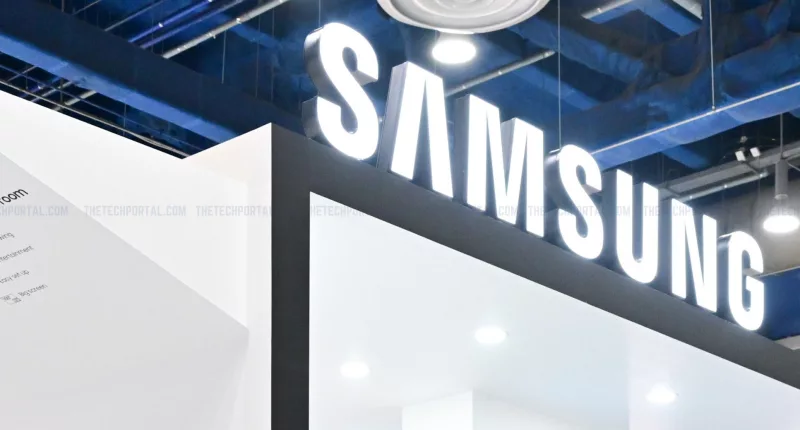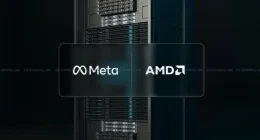Samsung is suggesting, that it is set to exceed analyst expectations in its second-quarter profits, as per its earnings guidance. This surge is primarily attributed to the booming demand for memory chips used in AI applications.
Samsung’s earnings guidance for the June quarter reports a staggering 15-fold increase in operating profit, reaching 10.3-10.5 trillion won ($7.5 billion). This figure significantly outstripped analysts’ projections and is set to represent Samsung’s most profitable quarter since the third quarter of 2022. The company’s sales also saw a substantial rise during the same period, growing by approximately 23%, marking the biggest increase since the pandemic-induced highs in 2021, reaching 73-75 trillion won. As a result, Samsung’s stock surged by as much as 2.3%, hitting its highest level since January 2021. This marks Samsung’s highest profit since the third quarter of 2022 and surpasses analyst projections of 8.8 trillion won.
The $160 billion memory market has shown a stronger recovery this year, rebounding from a severe post-COVID downturn. This resurgence is largely driven by the increasing demand for datacenters and AI development, which has pushed average memory chip prices 15% higher from the previous quarter, according to estimates by CLSA. This demand has been pivotal in helping Samsung’s largest division, which had been grappling with losses last year, to return to profitability.
Both DRAM and NAND prices have been buoyed by the growing need for AI servers and enterprise data storage solutions. Sanjeev Rana, an analyst at CLSA Securities Korea, noted that this trend has helped reverse inventory valuation losses. Additionally, Samsung’s foundry, or contract chipmaking operations, have also benefited from improved demand for IT infrastructure. This development also comes at a time when South Korea’s government recently reported that the country exported a record number of semiconductors in June, driving its trade surplus to $8 billion, the largest since 2020. It recently appointed Jun Young Hyun, a veteran in the memory chip industry, as the new leader of its most critical business line, replacing Kyung Kye-hyun. Going forward, the tech company aims to strengthen its position in the AI memory market while mitigating concerns of oversupply.
Despite these successes, Samsung faces significant challenges in the competitive landscape of AI chips. The company’s shares have lagged behind those of its smaller rival, SK Hynix Inc., which has become the leading supplier of high-bandwidth memory (HBM), a critical component of AI hardware. Samsung has struggled to get its latest HBM chips certified by Nvidia Corp., which has emerged as the world’s most valuable chipmaker due to the skyrocketing demand for AI accelerators. Adding to its challenges, Samsung is currently dealing with labor disputes. Union organizers are planning a three-day walkout involving over 28,000 members, including key chip plant workers, over a pay dispute. This proposed action follows a smaller strike last month, the first in the company’s 55-year history.
The Tech Portal is published by Blue Box Media Private Limited. Our investors have no influence over our reporting. Read our full Ownership and Funding Disclosure →






